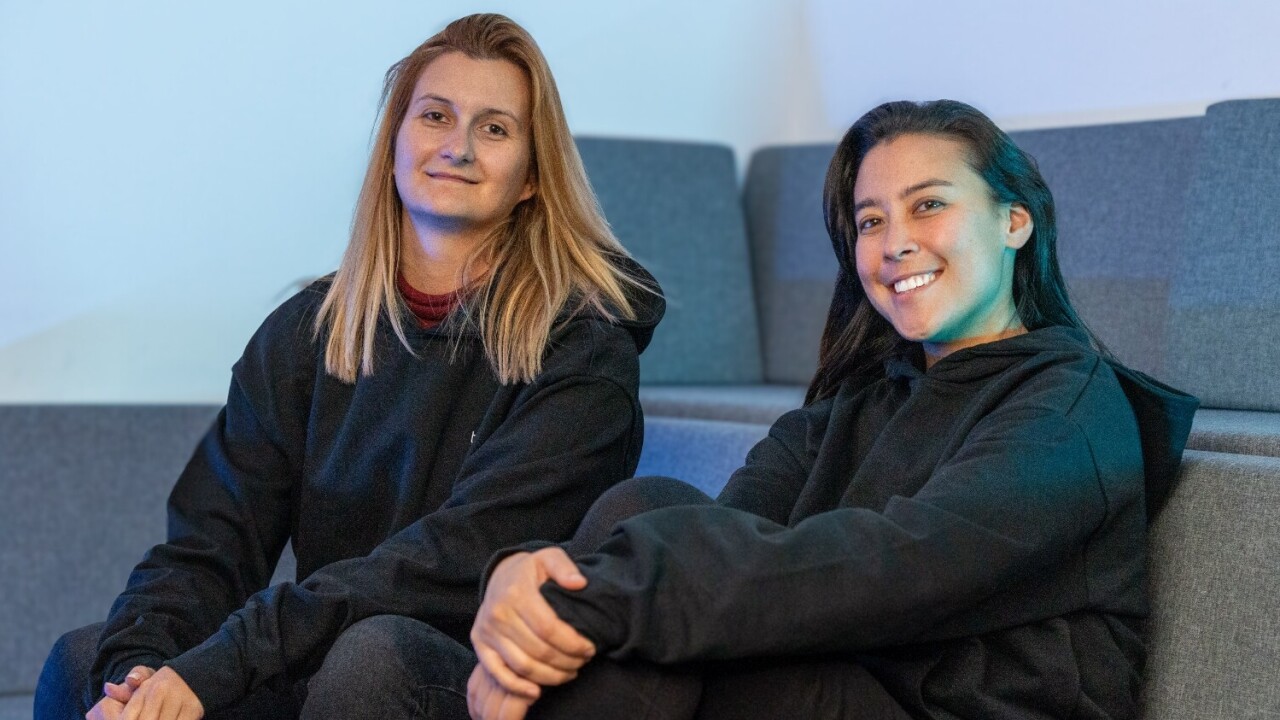
In 1991, Sony brought the first rechargeable lithium-ion battery to market. The unique chemistry proved a game-changer in energy storage. Today everything from EVs to smartphones depends on it, with demand skyrocketing.
But lithium is rare, most of it comes from unstable markets outside Europe, and its extraction can cause extensive pollution. We need more lithium to enable the green transition and yet, currently, its use is unsustainable — both environmentally and economically.
We’re stuck in a paradox. Munich-based startup Tozero believes that battery recycling offers a way out.
Recycling batteries is far from a new concept, but the German venture claims its technology gets the job done more efficiently than existing methods and without the use of harmful acids.
Tozero was founded in 2022 by serial entrepreneur Sarah Fleischer and metallurgy expert Dr. Ksenija Milicevic Neumann. When the pair first met, they were working in the space industry. Three years later they teamed up to fix a pressing issue here on Earth.
Before founding Tozero, Neumann spent years at RWTH Aachen developing a breakthrough water-based carbonation process for extracting lithium and other elements like graphite from black mass. This powdery substance is produced after shredding and processing spent batteries.
Neumann’s research gave Tozero a significant head-start. In just two years, the company has managed to break out of the lab and deliver its first batches of recycled lithium to customers. And today, the company announced it has raised €11mn in Series A funding as it looks to scale up at pace.
“Despite our limited resources as a two-year-old startup we’ve already made human history by being the first to ever deliver recycled lithium for end products in Europe,” said Fleischer, the company’s CEO.
NordicNinja, a Japan-backed European VC fund, led the funding round, bringing Tozero’s total raised to a cosy €17mn. Other investors include automotive giant Honda, US venture firm In-Q-Tel, and engineering group JGC.
Tozero will use the fresh capital to build its first industrial deployment plant. From 2026 onwards, the company plans to process 30,000 tonnes of battery waste annually.
Tozero can technically just keep on growing as long as it receives a continuous supply of old batteries. And that shouldn’t be too much of an issue.
Lithium-ion production is set to almost quadruple by 2030. Meanwhile, regulations like the EU’s Battery Directive—which calls for at least 80% of lithium to be recovered from batteries by 2031—add much-needed incentives. This is only good news for Tozero and other recycling upstarts, including Cylib, which is currently building Europe’s largest recycling plant for EV batteries.
However, if Europe is to secure a sustainable supply of the lithium it so desperately needs, it must expand local mining and explore new battery technologies like sodium-ion, zinc-ion, and the holy grail — solid-state batteries.
Get the TNW newsletter
Get the most important tech news in your inbox each week.




